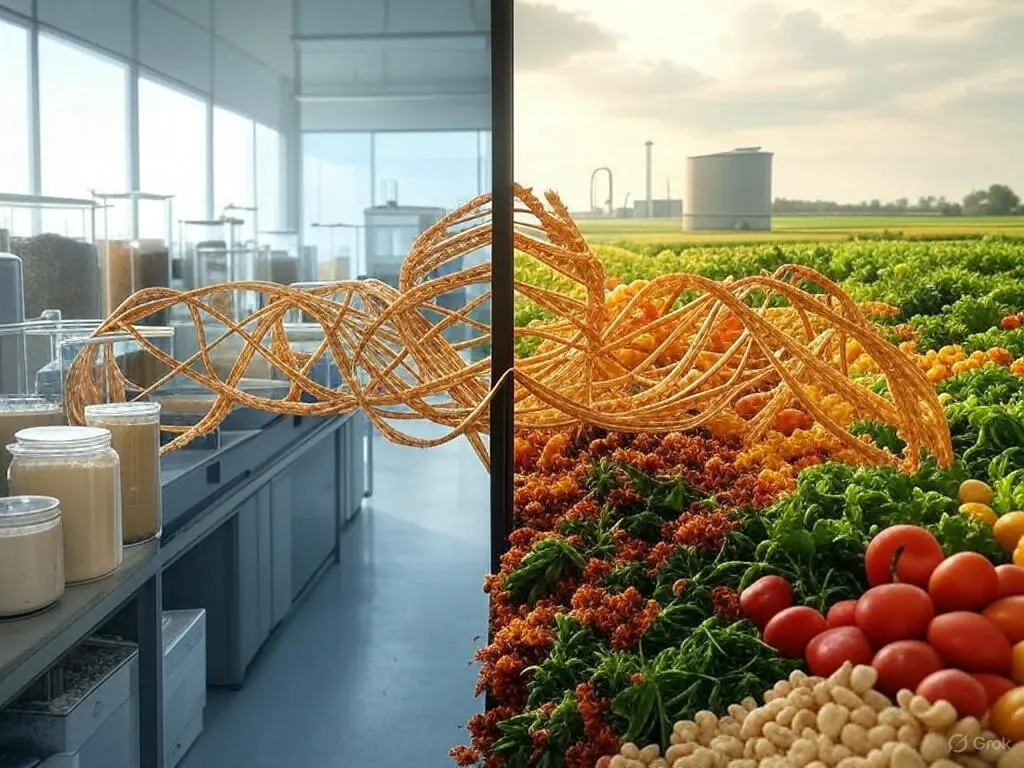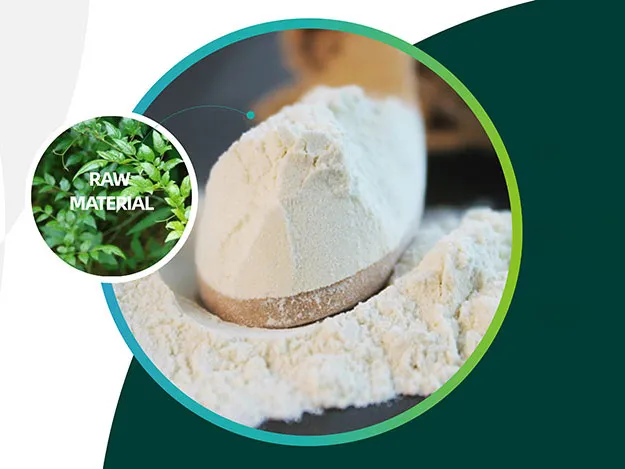Sustainable Development of Enterprises: Building a Symbiosis of Responsibility and Prosperity

To save food, we actively responded to the "Clean Your Plate Campaign" and advocated ordering food in moderation to avoid waste. Develop food additive raw materials with specific nutritional functions, such as those rich in vitamins, minerals, dietary fiber, etc., for the production of nutritionally fortified foods to meet the nutritional needs of different populations, especially those with malnutrition and hunger.

Natural Field consistently strives to provide superior healthy and nutritious ingredients, dedicated to healthier nutrition enhancement projects aimed at improving children's nutritional deficiencies, enhancing adult immunity, delaying aging, emphasizing employee humanistic care, and ensuring a healthy lifestyle.

Natural Field has upgraded its production equipment by adopting advanced intelligent energy-saving devices, installing photovoltaic solar panels on the factory roof, and refusing to use polluting fuels such as coal.

Natural Field actively participates in energy conservation and emission reduction, responds to global climate change, invests research and development resources, and seeks and develops food additive raw materials with lower carbon footprints. For example, utilizing biotechnology to develop new plant-based additive materials to replace traditional high carbon materials. By upgrading technology and optimizing production processes, we strictly adhere to the pollution standards set by environmental protection agencies. We extensively use recyclable and biodegradable materials (cardboard drums) as product packaging, reducing the generation of packaging waste and environmental impact. At the same time, optimize packaging design and reduce the use of packaging materials.

Establish diversified supply bases to ensure stable supply of raw materials, establish multiple cooperative bases for raw material cultivation nationwide, and cooperate with raw material suppliers from multiple countries internationally to ensure the diversity of raw material sources.
Apply intelligent supply chain technology to intelligently predict and optimize the supply chain. For example, by analyzing historical data and market trends, predicting market demand, arranging production and procurement plans reasonably, improving the efficiency and flexibility of the supply chain, and better meeting the needs of sustainable supply and demand.
 English
English français
français Deutsch
Deutsch Español
Español русский
русский português
português



